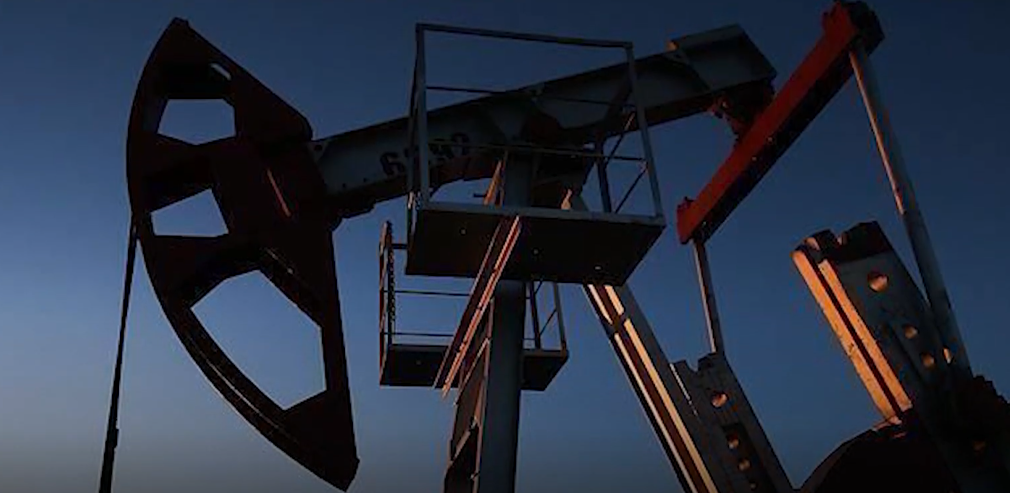Rising Middle Eastern assaults cause oil prices to climb. Fears that supply interruptions may result from an escalation of the Middle East conflict drove up the price of oil. Concerns were raised by Iran’s missile strike on Israel and the possibility of reprisal. The two benchmarks for crude experienced notable increases. The strain was increased by American support for Israel and Iran’s threats. There won’t be any anticipated policy adjustments while OPEC+ reviews the market.
Following Iran’s ballistic missile launch against Israel, there were concerns that the Middle East conflict may escalate into a larger war that would affect the region’s oil supply, which led to a spike in oil prices on Wednesday.
U.S. West Texas Intermediate (WTI) crude increased 88 cents, or 1.26%, to $70.71 at 0029 GMT, coming slightly down from jumping by more than $1 earlier in the day. Brent futures up 83 cents, or 1.13%, to $74.39 a barrel.
Tuesday’s trade saw both benchmarks for crude oil rise by more than 5%.
According to Israel, Iran launched over 180 ballistic missiles toward the country on Tuesday in response for Israel’s assault in Lebanon against Tehran’s Hezbollah allies.
Iran is a significant oil producer in the area and a member of the Organization of the Petroleum Exporting Countries (OPEC). Referring to the battle, ANZ Research noted in a report that “the direct involvement of Iran, an OPEC member, raises the prospect of disruptions to oil supplies.”
According to ANZ, Iran’s oil production reached a six-year high of 3.7 million barrels per day in August.
Israeli Prime Minister Benjamin Netanyahu pledged Iran will pay for its missile assault against Israel, while Tehran declared any reprisal would be greeted with “vast destruction”, stoking fears of a larger war.
US President Joe Biden reaffirmed the country’s unwavering support for Israel, a longstanding partner, and the UN Security Council set a meeting to discuss the Middle East for this coming Wednesday.
According to a report from Capital Economics, “a major escalation by Iran risks bringing the U.S. into the war.” “Iran accounts for about 4% of global oil output, but an important consideration will be whether Saudi Arabia increases production if Iranian supplies were disrupted.”
Later on Wednesday, a group of ministers from OPEC+—the Organization of the Petroleum Exporting Countries and its allies—will evaluate the market; no changes to policy are anticipated. OPEC+, which includes Russia, has decided to increase monthly supply by 180,000 barrels per day (bpd) starting in December.
“Any suggestion that production hikes will proceed could offset concerns of supply disruptions in the Middle East,” the note stated.
According to market sources quoting American Petroleum Institute data on Tuesday, U.S. stockpile data was mixed. While gasoline stockpiles increased, crude oil and distillate inventories decreased last week.


